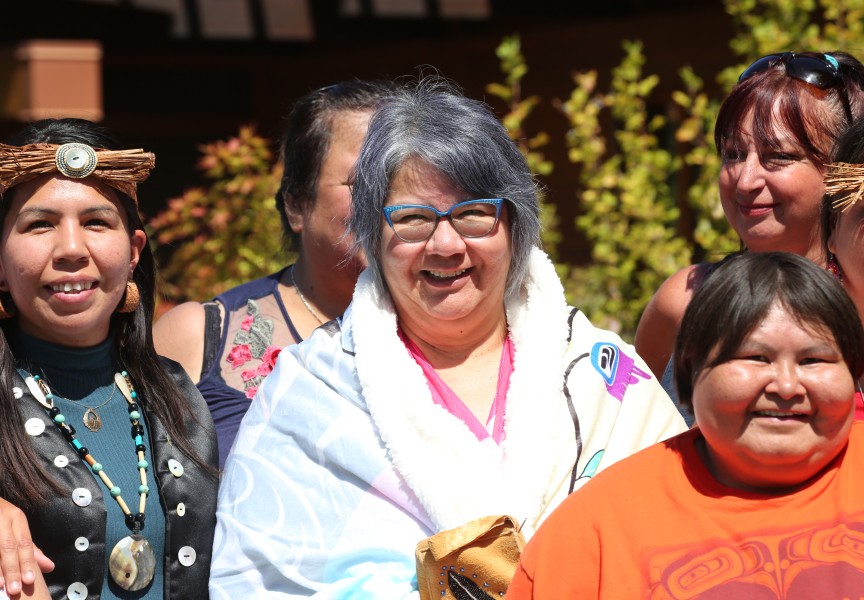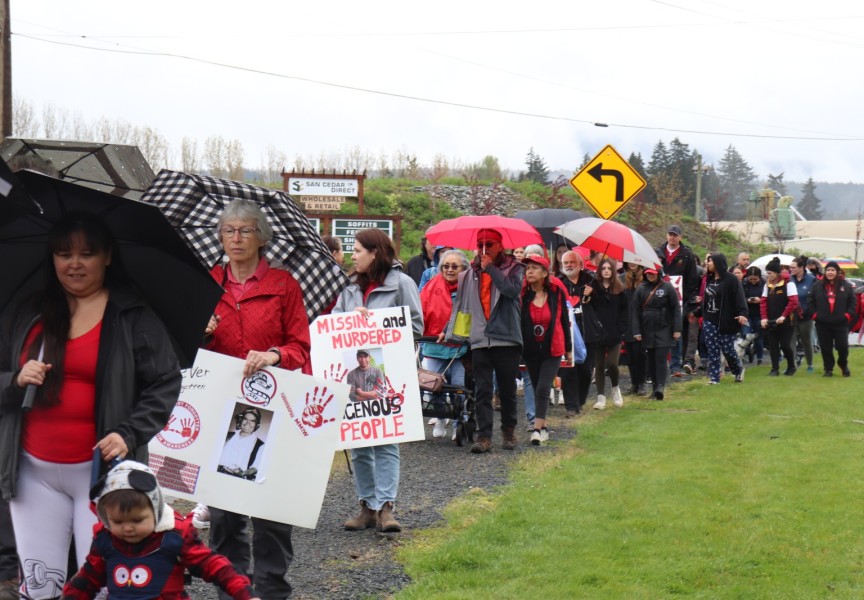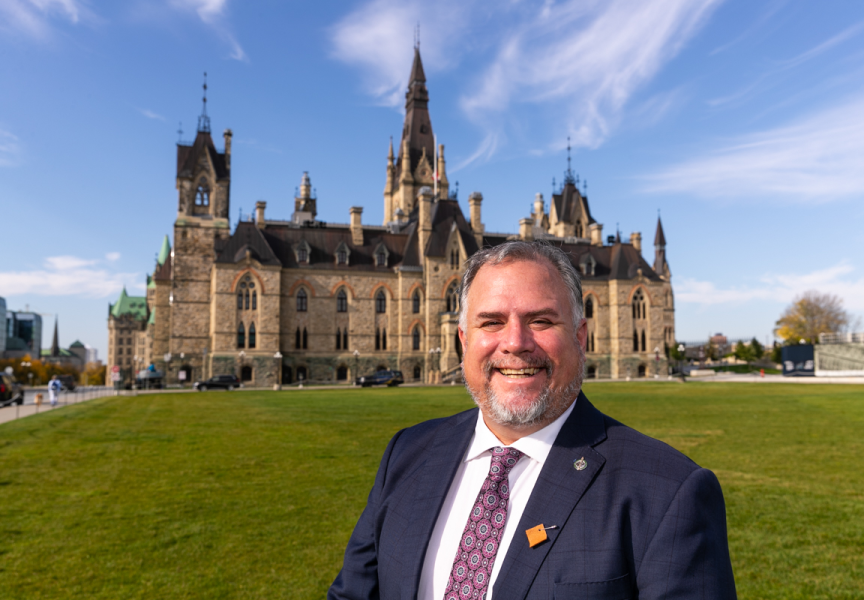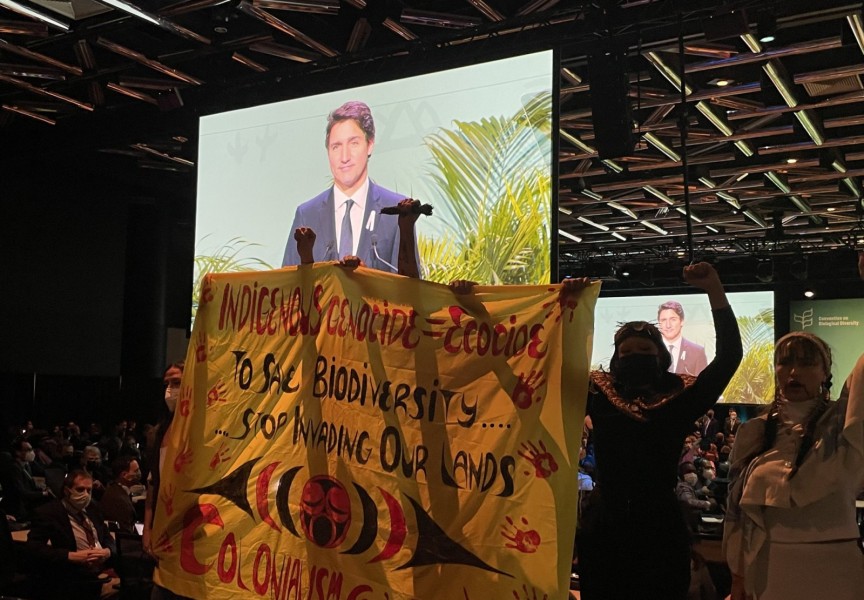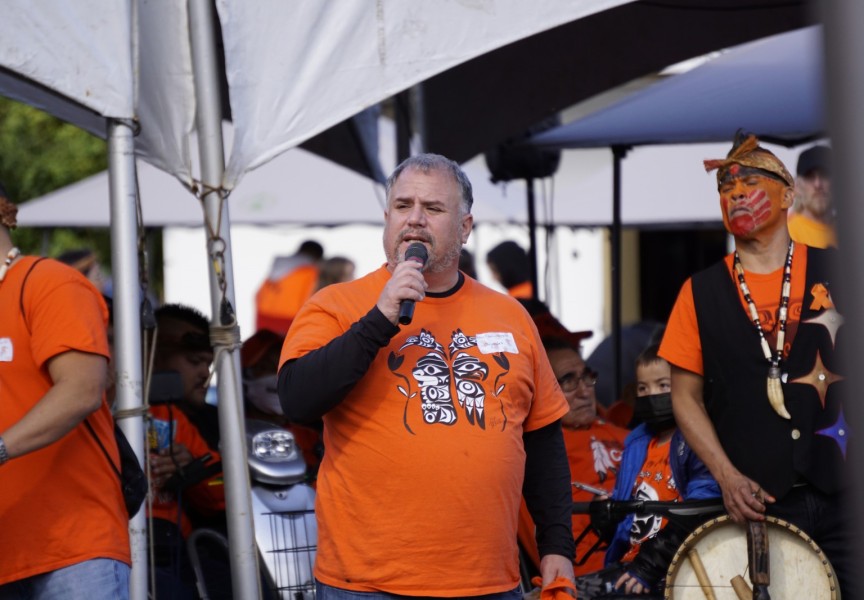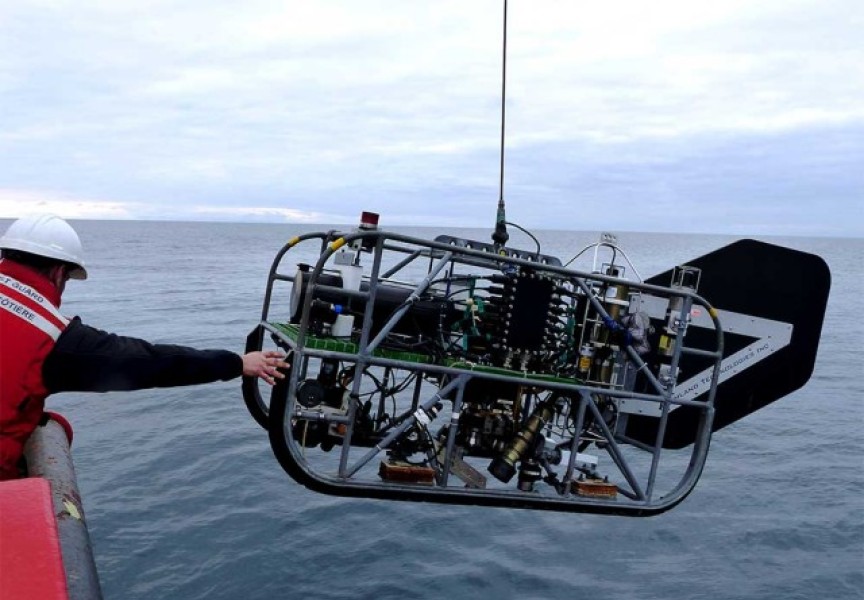Former residential school students who applied for and received CEP (Common Experience Payment) through the Indian Residential Schools Settlement Agreement (IRSSA) are now eligible to receive non-cash IRS (Indian Residential School) Personal Credits to be used for educational programs and services.
The Personal Credit is valued up to $3,000 per CEP recipient but is paid to an educational institution or entity to be used for the benefit of the CEP recipient or family member.
The Personal Credits have no cash value and therefore cannot be cashed in or sold.
AFN Liaison Worker Sharon Slippery visited Port Alberni April 1 to meet with Nuu-chah-nulth Tribal Council Teechuktl staff, NTC directors and first nations representatives to deliver information about IRS Personal Credits.
She said $1.9 billion was set aside through the IRSSA for CEP payments to eligible former students. Since 2007, 77,111 former students across Canada received CEP but, for some reason, not all applied, leaving a surplus.
Because the surplus exceeded the predetermined amount of $40 million, the parties to the IRSSA agreed that the excess funds would be apportioned out to CEP recipients in the form of Personal Credits.
The reason for allocating the funds toward education is to promote education and reconciliation between Canada and aboriginal people.
There are many ways in which the credits can be used.
A person may use their credits to pay toward their own tuition in any formal educational institution or they may transfer all or part of their credits to help a close family member with tuition.
In some cases, the credits may be used to purchase educational supplies and equipment like books and laptops. But, says Slippery, that would depend on if the educational institution has included those items in their listing of approved expenditures.
“The credits can be used at formal educational institutions or for indigenous education and cultural training or at healing centres,” Slippery said.
She went on to say that first nations communities may apply for their credits as a group, pooling their resources.
CEP recipients may donate their credits to an educational institution like a band school or a language/culture program. Donations can be made to any formal educational institute or entity including facilities run by first nations people.
The IRSSA website has a searchable list of approved educational institutions and the list continues to grow as more institutions are approved.
“I don’t see how this benefits us,” said Rebecca Atleo, Ahousaht Education Director. She doesn’t like that (Aboriginal Affairs) dictates to aboriginal people how the surplus is to be spent.
“DIA already pays for our education and in this scenario the money just goes back to them,” Atleo said, adding that it is just another way for the government to claw back funds.
“My dad is 86 years old,” said Richard Lucas. “He’ll say ‘What would I go to university for?’”
Lucas said his family is looking at getting a group or family together to do a basketball camp or some other creative idea.
Forms have been mailed out to each person who received the CEP at their last known address. If the person has moved since receiving the CEP, their forms will not be forwarded to the new address.
The person must contact the IRRSA (contact information below) to have forms mailed to them.
The application forms are specific to individual CEP recipients and cannot be obtained online, nor can they be faxed or photocopied.
Where a CEP recipient is deceased, a family member or executor of their will may apply for the credits.
When there is no next of kin, a First Nation may apply for the credits on behalf of their deceased member.
Crawford Class Action Services has been appointed to handle the IRS Personal Credits Process. They have 30 days to respond to Acknowledgement Forms.
Slippery says if forms are declined, there is an appeals process. She assured everyone that the folks assigned to work on appeals are inclined to do all they can to ensure people get their credits.
Teechuktl staff will be traveling to various Nuu-chah-nulth communities and urban centers to deliver information about the IRS Personal Credits.
The deadline for Acknowledgement Forms is Oct. 31, 2014.
The deadline for Redemption Forms is Dec. 1, 2014.
For information about how to apply for IRS Personal Credits contact 1-866-343-1858 or visit www.residentialschoolsettlement.ca
According to IRSSA the following educational entities and groups may be eligible to accept Personal Credits in exchange for educational services.
· Elementary and secondary schools including those in first nations communities
· Post-secondary institutions such as universities and colleges; technical institutes and trade schools
· Essential skills building like life skills training, literacy, numeracy, language, parenting, computer courses, parenting, etc.
· Indigenous Education and Cultural Training including early childhood education programs, Friendship centers and cultural centers.
For more information go to the IRSSA website or call 1-866-343-1858

